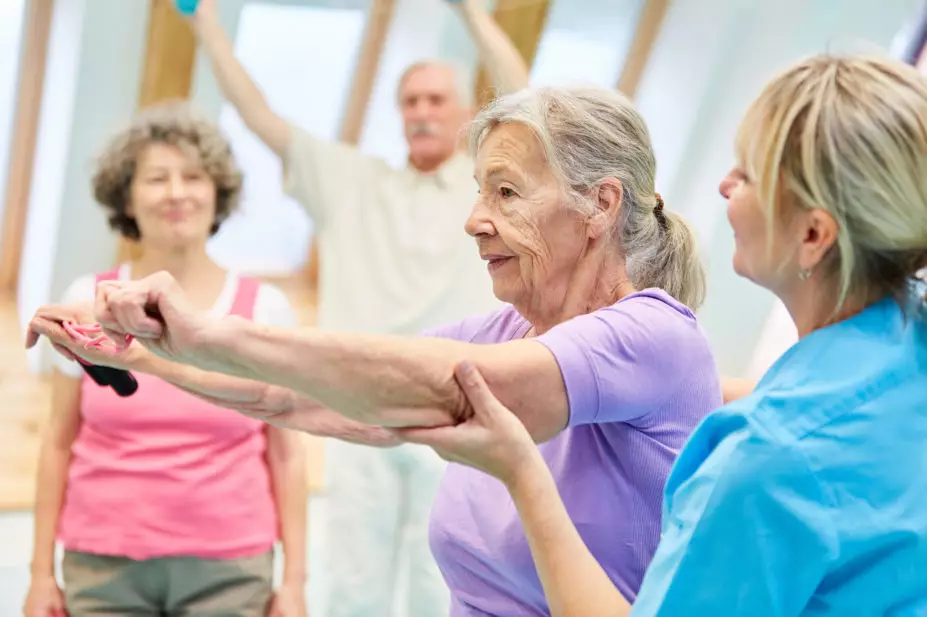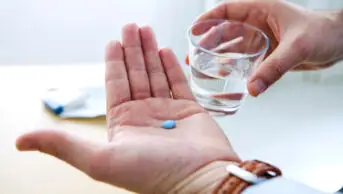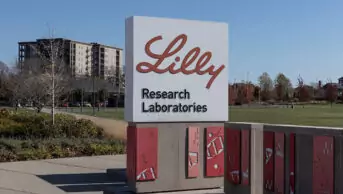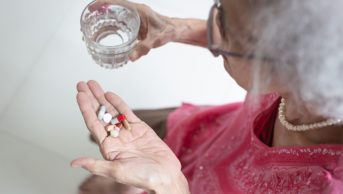
Shutterstock.com
Non-drug approaches, such as exercise, are as good as — if not better than — drugs for reducing symptoms of depression in people with dementia who have not been diagnosed with a major depressive disorder, according to a systematic review in the BMJ[1].
Researchers examined randomised trial data to compare the effectiveness of drug and non-drug interventions with usual care or any other intervention targeting symptoms of depression in people with dementia. They reviewed 256 studies involving 28,483 people with dementia, who were experiencing symptoms of depression.
No drug approach alone was found to be more efficacious than usual care, but several non-drug interventions were associated with a clinically meaningful reduction in symptoms of depression compared with usual care.
The interventions included exercise, animal therapy, massage and touch therapy, multidisciplinary care, reminiscence therapy, occupational therapy, multidisciplinary care, cognitive stimulation and a cholinesterase inhibitor, psychotherapy combined with reminiscence therapy and environmental modification, and exercise combined with social interaction and cognitive stimulation. Three interventions — massage and touch therapy, cognitive stimulation with a cholinesterase inhibitor, and cognitive stimulation combined with exercise and social interaction — were more effective than some drugs.
“Everyone has a role in translating our findings into practice,” the researchers said.
“People with dementia and care givers can speak with clinicians about available non-drug interventions; clinicians can prescribe non-drug interventions to people with dementia and symptoms of depression; and policy makers can support people with dementia, care givers, and clinicians in choosing non-drug interventions by developing health services, systems, and policies that enable implementation.”
- 1Watt JA, Goodarzi Z, Veroniki AA, et al. Comparative efficacy of interventions for reducing symptoms of depression in people with dementia: systematic review and network meta-analysis. BMJ 2021;:n532. doi:10.1136/bmj.n532


